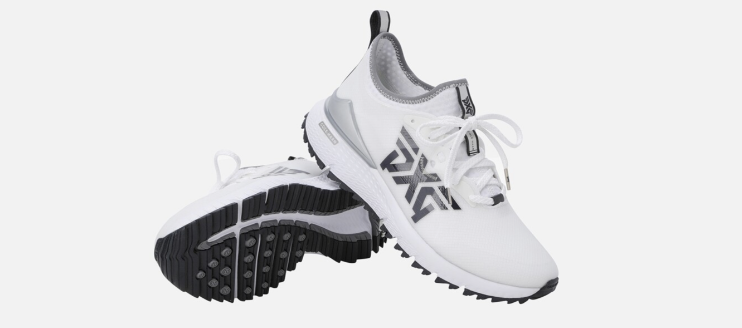chain blames budget for decision to close stores

The struggling footwear retailer Shoe Zone has blamed significant extra costs from the recent budget measures for its decision to close a number of stores as it sounded the alarm over profits.
The retail chain, which employs about 2,250 staff across 297 stores in the UK, said the increase in employers’ national insurance contributions and the minimum wage meant the stores had “now become unviable”.
Shoe Zone said it was facing “very challenging trading conditions” with shoppers cutting spending and unseasonable weather, as well as a further weakening in consumer confidence since Rachel Reeves’s budget in October.
“Consumer confidence has weakened further following the government’s budget in October 2024, and as a result of this budget, the company will also incur significant additional costs due to the increases in national insurance and the national living wage,” the company said.
“These additional costs have resulted in the planned closure of a number of stores that have now become unviable.”
The increased costs and weakening in consumer confidence meant it expected adjusted pre-tax profits in the year to September 27, 2025, to be “not less than £5 million, down from previous expectations of £10 million”. It said it would also not pay a final dividend for 2024.
Its shares closed down 53½p, or 38.5 per cent, at 85p. The stock has declined by two thirds over the past year.
Earlier in the year the Leicester-based retailer warned that profits would be hit by an increase in shipping costs, with upward pressure on container prices thanks to rerouting away from the Red Sea and the Suez Canal. In October it lowered its guidance for the year to September 28, 2024, blaming poor summer weather for lower sales. It expected pre-tax profits to be not less than £9.6 million, down from £16.2 million in 2023.
Shoe Zone, founded in 1980, is a budget retailer which sells shoes from stores in town centres, retail parks and online.The store portfolio consists of 112 original high street stores and 185 larger format stores. It sells an average of 13.9 million pairs of shoes a year at an average retail price of about £13.30.
The group has already been closing loss-making stores over the past year, revealing in October that 26 sites had been shut on a net basis — 53 closed, less 27 opened — in the year to September 28.
• UK inflation rose to 2.6% in November
As well as shutting less profitable shops, it has also been revamping remaining high street stores and increasing its number of new larger sites based in locations such as retail parks. The company did not put a figure on how many more stores it was planning to close.
Some analysts questioned the group’s decision to blame the budget for accelerating its closure plans, suggesting that demand for footwear should remain resilient as it is not a discretionary product.
However, Zeus Capital said the retailer operated in a defensive sub-sector of the consumer market.
The broker said the ongoing store transformation was “delivering bigger, more profitable stores, with management executing a highly disciplined approach to store economics — as evidenced by the decision to close several stores no longer deemed viable during the current year”.
It added: “Despite a much more cautious outlook for full year 2025, Shoe Zone does remain profitable and cash generative, with zero financial debt on its balance sheet.
“The decision to withdraw the full year 2024 final dividend is highly prudent in our view, with Shoe Zone having a track record of restoring shareholder distributions as soon as trading performance allows.”
link





